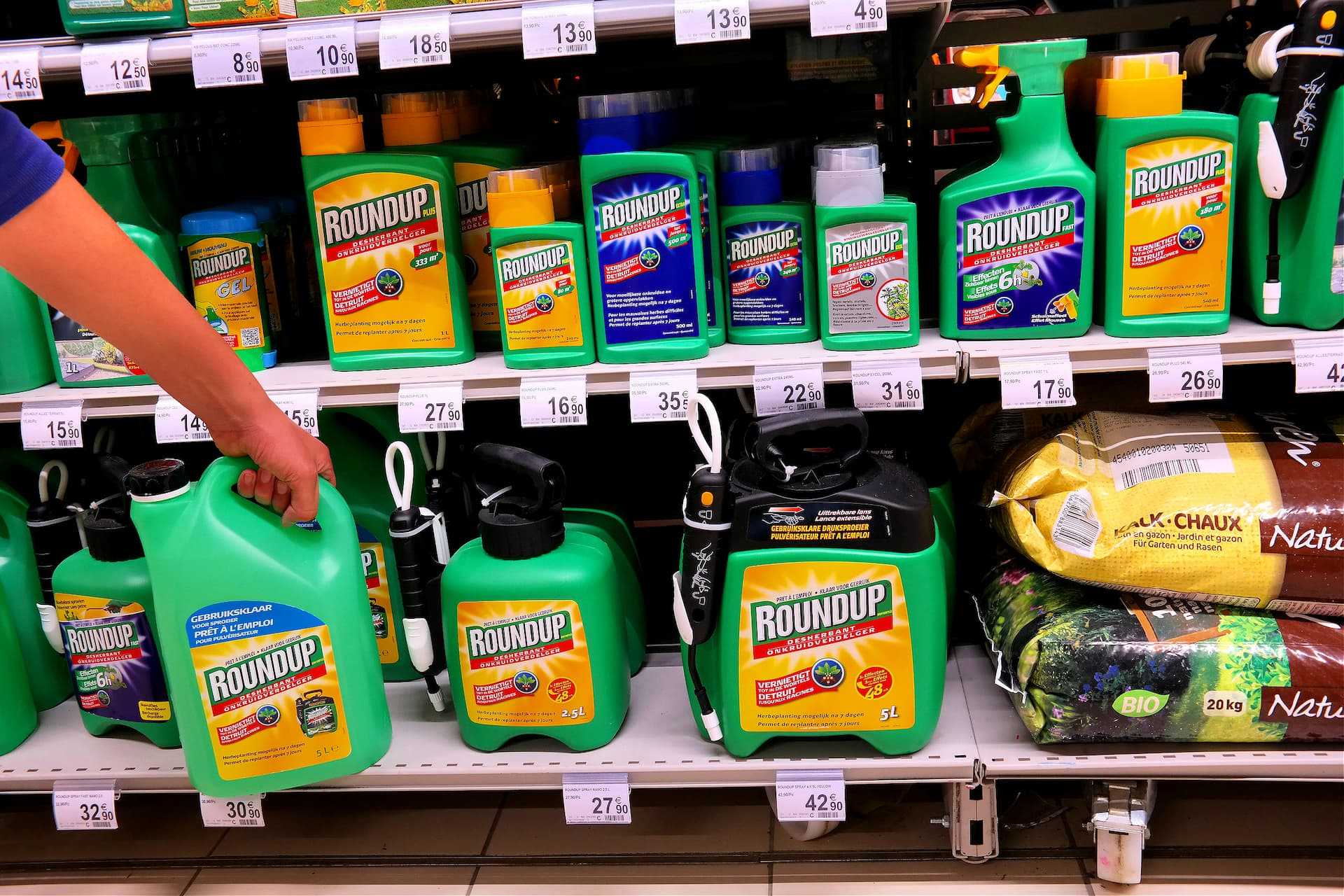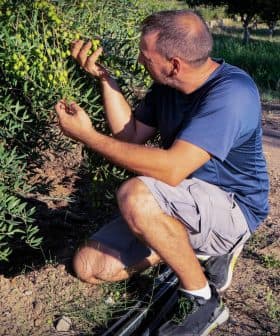Glyphosate Controversy Continues as New Report Concludes Herbicide Is Not Carcinogenic
A draft report submitted to the European Food Safety Authority concluded that glyphosate is not carcinogenic, causing discomfort among health and environmental campaigners. The findings were in response to lobbying from manufacturers of glyphosate-based herbicides to extend its use in the European Union beyond 2022.
A recent draft report submitted to the European Food Safety Authority (EFSA) concluded that glyphosate is not carcinogenic. The findings have caused a lot of discomfort among health and environmental campaigners.
“Glyphosate cannot be classified as a carcinogen,” the Assessment Group of Glyphosate (AGG), which authored the report on behalf of the European Commission, said. “The drug can cause serious eye damage, but it is not carcinogenic, has no effect on the sex cells and does not affect reproduction.”
This new scientific analysis shows yet again that the European Union’s claim to having the most rigorous pesticide authorization procedure in the world has to be taken with a heavy grain of salt.
The findings came in the wake of intense lobbying from manufacturers of glyphosate-based herbicides, including Bayer, to extend the use of glyphosate beyond 2022 in the European Union.
See Also:Europe Sets New Limits on Cadmium in Fruits and VegetablesGlyphosate is one of the most widely used herbicides globally and was labeled by the World Health Organization’s International Agency for Research on Cancer (IARC) as “probably carcinogenic to humans” in 2015. This led to some European countries banning the herbicide.
The IARC’s findings agreed with previous health and environmental experts’ analysis, which said that glyphosate posed significant health risks, including the possibility of causing cancer. This has been the subject of numerous lawsuits that Monsanto, which Bayer purchased in 2018, has fought since 2016.
Following the ban, Monsanto denied the glyphosate-cancer link and lobbied for a 15-year renewal. Finally, after two years of scandals and controversy, the herbicide was granted a re-approval by the E.U., but only for five years. However, many environmentalists and farmers’ organizations criticized the decision.
Confronted by the E.U.’s permit for glyphosate expiring in 2022, a consortium of eight glyphosate manufacturers – commonly known as Glyphosate Renewal Group – submitted a request in 2019 to approve a renewal.
In response, four member states (Hungary, Sweden, France and the Netherlands) were appointed by the European Commission to look into the request for the renewal of approval. The four states formed the AGG.
After evaluating the dossier presented by the glyphosate manufacturers, the AGG held that there was insufficient evidence to demonstrate chronic or acute consumer risk when crops are treated with glyphosate as long as it was used according to the manufacturer’s instructions.
The AGG added that the herbicide does not cause cancer. However, they maintained that glyphosate is toxic to aquatic life, as previous studies have indicated.

Roundup is a brand of herbicide containing glyphosate made by Monsanto.
On June 15, 2021, the AGG submitted its findings to the European Food Safety Authority (EFSA) and the European Chemical Agency (ECHA). EFSA and ECHA will now begin the peer-review process before either approving or denying the renewal. Both agencies are expected to invite the public to voice their opinions on the matter in September 2021.
The GRG celebrated the new findings saying these conclusions were in line with other leading agencies worldwide, including the Environmental Protection Agency in the United States.
However, health organizations and civil societies are outraged, arguing that the information relied upon by the AGG is biased as it is based on glyphosate manufacturers’ studies.
“This new scientific analysis shows yet again that the European Union’s claim to having the most rigorous pesticide authorization procedure in the world has to be taken with a heavy grain of salt,” said Angeliki Lyssimachou, an environmental scientist at the Health and Environment Alliance, a non-profit.
“The authorization procedure in place is evidently not rigorous enough to detect errors in the execution of the regulatory studies that are blindly considered the gold standard,” she added. “Yet these were at the heart of the 2017 EU-market approval of glyphosate, and they have now been submitted again in an effort to water down scientific evidence that glyphosate may cause cancer and is a danger to human health.”









